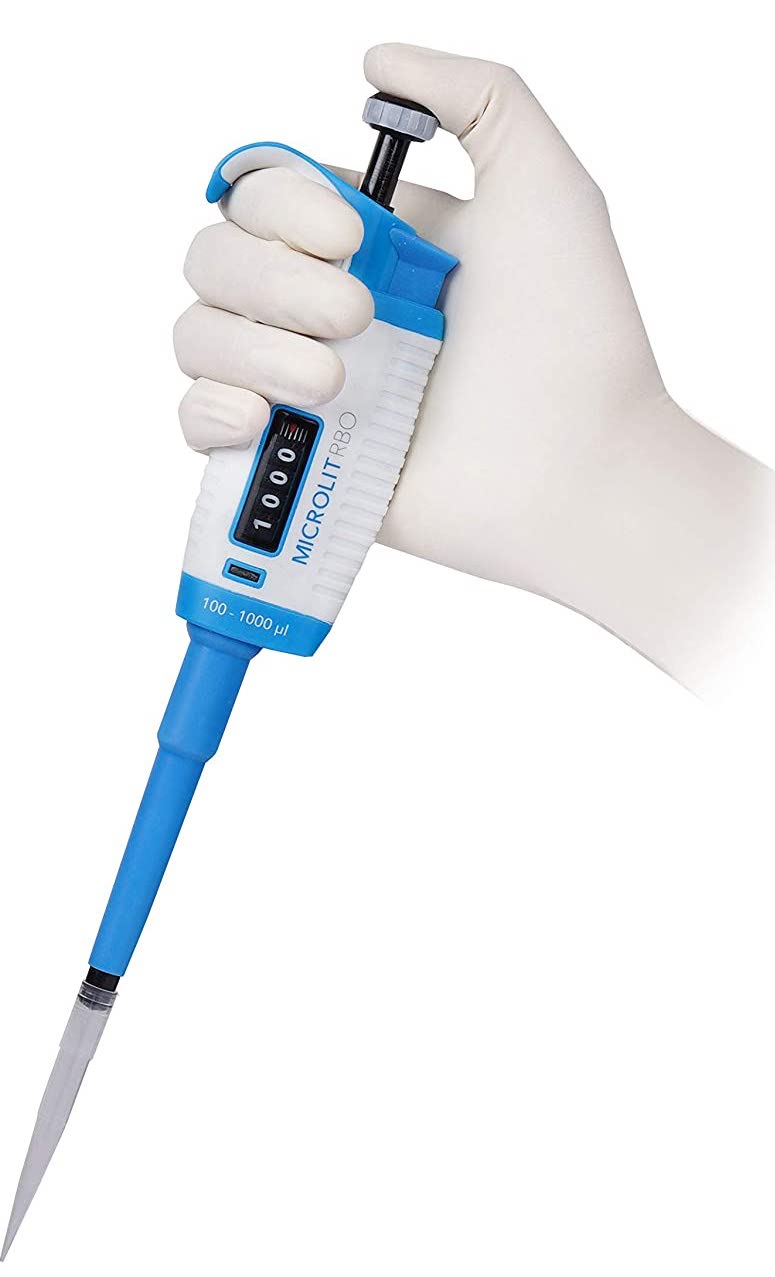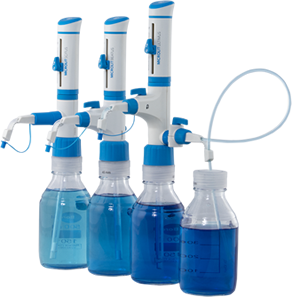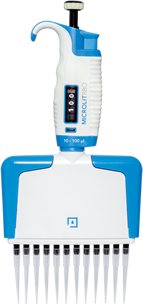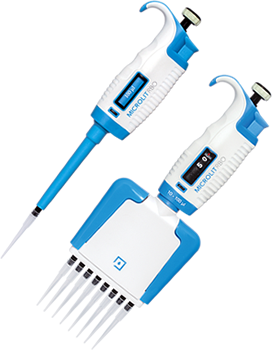In the world of clinical diagnostics, accuracy is paramount. Every test result has the potential to impact a patient’s life, making it crucial that healthcare professionals have the tools they need to ensure precise measurements. One such tool that plays a vital role in clinical diagnostics is the pipette. In this blog, we will delve into the significance of pipettes in clinical diagnostics and how they contribute to the accuracy of patient testing.
The Role of Pipettes in Clinical Diagnostics
Pipettes are laboratory instruments designed to measure and transfer precise volumes of liquids. They come in various types, including micropipettes, adjustable pipettes, and serological pipettes, each suited to different tasks within the clinical diagnostic process. Here’s how pipettes are involved in ensuring the accuracy of patient testing:
-
Sample Preparation
Pipettes are used to accurately measure and transfer patient samples, reagents, and calibration standards. Whether it’s blood, urine, or other bodily fluids, the precise handling of samples is crucial to obtain accurate test results.
-
Reagent Dispensing
In many diagnostic tests, reagents must be added in precise volumes to react with patient samples. Pipettes are used to dispense these reagents accurately, ensuring that the chemical reactions are consistent across all tests.
-
Dilution Series
Clinical diagnostics often require the preparation of dilution series to assess the concentration of specific analytes in patient samples. Pipettes play a crucial role in creating these series, which are essential for accurate quantification.
-
Quality Control
Pipettes are subject to rigorous quality control measures to guarantee their accuracy. Regular calibration and maintenance are necessary to ensure that pipettes deliver the correct volumes consistently.
-
Minimizing Cross-Contamination
Pipettes are designed with features to prevent cross-contamination between samples. This is especially critical in clinical diagnostics to avoid erroneous results and patient misdiagnosis.
Best Practices for Using Pipettes in Clinical Diagnostics
To ensure accuracy in patient testing, healthcare professionals must follow best practices when using pipettes:
1. Calibration
Regularly calibrate pipettes according to manufacturer recommendations. Calibration ensures that pipettes maintain their accuracy over time.
2. Proper Technique
Train staff in proper pipetting techniques to minimize human error. This includes using the correct pipetting angle, maintaining a consistent speed, and using the appropriate tips.
3. Pipette Selection
Choose the right type and volume of pipette for the specific task. Using the wrong pipette can lead to inaccurate results.
4. Maintenance
Keep pipettes clean and well-maintained. Regularly clean them to prevent sample carryover and contamination.
5. Verification
Verify pipette accuracy by testing them with known standards periodically. Any discrepancies should trigger recalibration or maintenance.
Pipettes are unsung heroes in the field of clinical diagnostics, ensuring the accuracy of patient testing through precise measurements and controlled handling of samples and reagents. Healthcare professionals must recognize the critical role pipettes play and follow best practices to maintain their accuracy. By doing so, we can continue to rely on clinical diagnostics for accurate and timely patient results, ultimately improving healthcare outcomes.
Introducing Microlit NERO: Elevating Precision and Convenience in Laboratory Work
Microlit is excited to present Microlit NERO, an innovative line of micropipettes incorporating advanced technologies such as UniCal™ and Air™, meticulously crafted to offer unparalleled accuracy and user-friendly operation for our esteemed laboratory professionals.
The Microlit NERO series encompasses Single Channel Fixed Volume, Variable Volume, and Multichannel pipettes, serving as indispensable tools in pathology, microbiology, and diagnostic testing laboratories, where the precise handling of minute volumes is indispensable. Moreover, these adaptable pipettes extend their utility to a diverse range of industries, including pharmaceuticals, food and beverage, research institutions, fast-moving consumer goods (FMCG), cement, chemicals, natural resources, and agriculture.
For a comprehensive exploration of the remarkable features and functionalities of Microlit NERO, we request you to reach out to us at info-usa@microlit.com or visit our website, Microlit NERO.






 3468
3468





